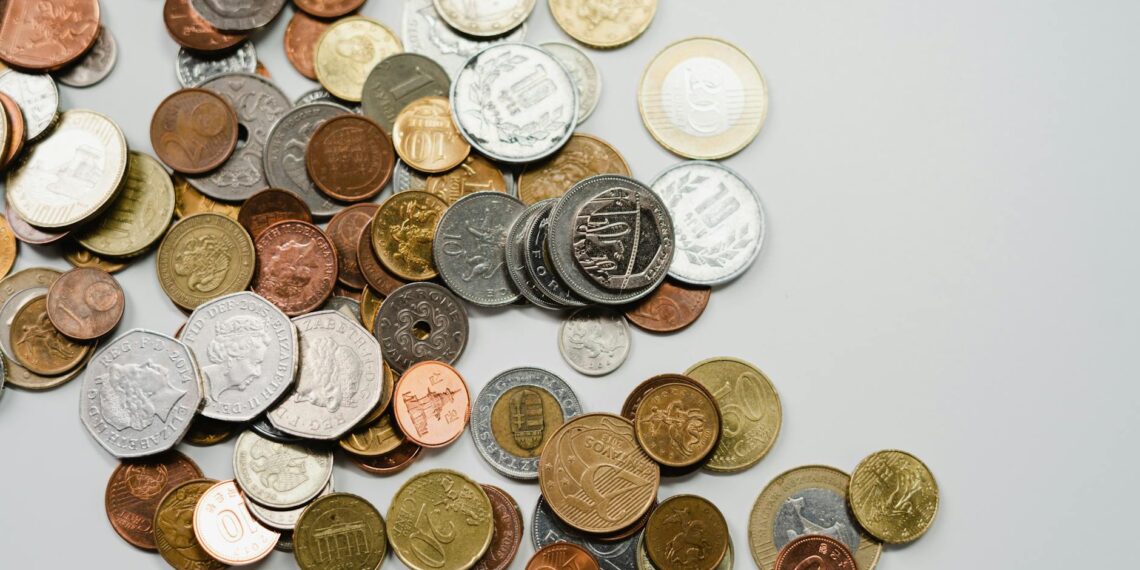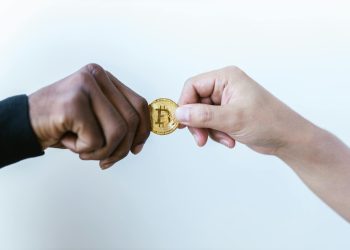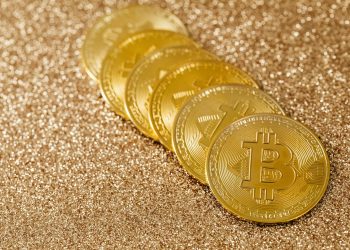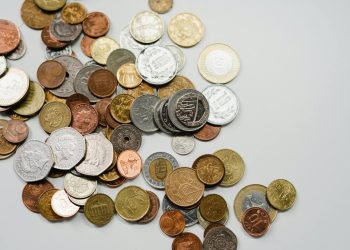Several factors determine a coin’s value, impacting its market worth:
- Low Mintage Numbers: Coins produced in smaller quantities generally hold higher value due to their limited availability.
- Limited Surviving Population: Even if many coins were initially minted, fewer surviving examples due to losses or destruction over time will increase a coin’s value.
- Mintmarks and Design Variations: Specific mintmarks indicating the mint of production, and unique design variations, can make certain coins rarer and more valuable.
- Minimizing Wear and Damage: The condition of a coin, evaluated on a grading scale (e.g., Poor to Mint State), significantly impacts its worth. Coins with minimal wear, scratches, or damage generally fetch higher prices.
- Professional Grading: Organizations like PCGS and NGC provide professional grading services, which can significantly affect a coin’s market value, [according to Coin Purse].
- Original Luster: Coins that retain their original luster and shine are often valued more.
- Avoid Cleaning: Cleaning a coin can damage it and drastically reduce its value.
- Popularity and Trends: Market demand for specific coins fluctuates based on collector interest, trends, and even economic conditions.
- Market Research: Checking recent auction results, online marketplaces, and engaging with knowledgeable coin dealers can help determine current demand.
- Precious Metals: Coins made of gold, silver, or other precious metals have a base value related to the current market price of the metal itself. However, a coin’s numismatic value (collectible value) can far exceed its melt value.
- Important Events or Figures: Coins tied to notable historical events or figures can increase their value due to their historical context and storytelling appeal.
- Online Resources: Websites, apps (like Coinoscope), and online catalogs can aid in identifying coins and researching recent sales.
- Price Guides and Catalogs: Resources like the ‘Red Book’ for US coins or the Seaby Standard Catalogue for British coins list values based on various factors.
- Online Marketplace Sales: Platforms like eBay can provide real-world insights into what buyers are currently paying, especially when focusing on “sold listings” rather than just asking prices.
- Coin Dealers and Appraisers: Professional coin dealers and appraisers can offer expert opinions, especially for rare or high-value coins.
- Numismatic Societies: Reaching out to local or national numismatic societies can provide access to experts and resources.
In conclusion, assessing a coin’s rarity, condition, and market demand is crucial for determining its value. For greater accuracy, especially with potentially valuable pieces, consulting professional resources or experts is highly recommended.











How do you get coins appraised without getting ripped off?
I can help with that. Getting a professional appraisal will be the most accurate way to determine a coin’s value. You can get your coins appraised at a local coin shop or at a coin show. Alternatively, you can try to figure out the value of your coins on your own. Coin pricing guides like the PCGS Price Guide provide a good starting point.
What is the best way to clean coins without losing value?
Thanks for asking. Soak your coins in warm soapy water ** — Add a squirt of mild dishwashing detergent like Persil Washing Up Liquid to a plastic container filled with warm tap water. Rub each coin inside this soapy bath to work off any dirt or grit. Don’t put all your coins in here at once.